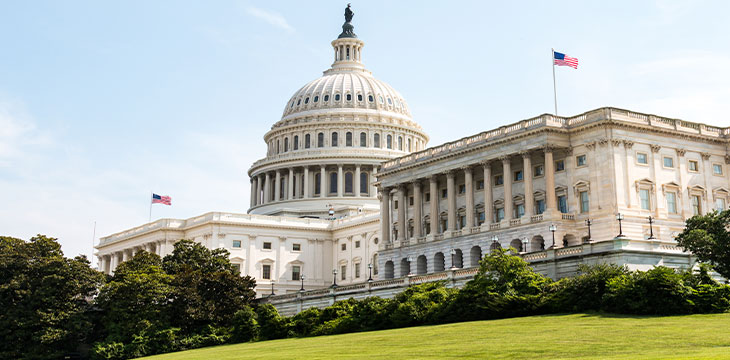|
Getting your Trinity Audio player ready...
|
A popular line from George Orwell’s 1984 is as follows: “If you want a vision of the future, imagine a boot stamping on a human face—forever.” While that may seem to be a little over the top, a recent decision by the U.S. Congress, and signed by U.S. President Donald Trump, certainly conjures up visions of a society such as described by Orwell.
Trump signed the Clarifying Overseas Use of Data Act (CLOUD Act) after passing almost undetected through U.S. Congress. The bill was slipped in at the last minute to the trillion-dollar budget submitted to the president, and gives law enforcement officials across the country greater access to data of the citizens. It also gives foreign governments access to data of U.S. companies so that they can better correlate actions by their own citizens.
Needless to say, the bill wasn’t exactly popular with privacy groups. The Electronic Frontier Foundation (EFF), subsequent to its approval, described the bill as a further example of the erosion of citizens’ rights around the world. Even Republican Senator Rand Paul opposed it, stating, “Congress should reject the CLOUD Act because it fails to protect human rights or Americans’ privacy…gives up their constitutional role, and gives far too much power to the attorney general, the secretary of state, the president and foreign governments.”
The American Civil Liberties Union (ACLU) also spoke out against the legislation, publishing a letter on the Internet on March 12. It said that the bill, “undermines privacy and other human rights, as well as important democratic safeguards.” Andreas Antonopoulos, a Bitcoin advocate, tweeted, “The CLOUD Act passed. It destroys privacy globally, so it had to be snuck into the $1.3 trillion omnibus without debate.”
The CLOUD Act was thrown in as part of the omnibus spending bill (OSB). The 2,232-page bill met little resistance in both the House and the Senate, being approved 256-167 and 65-23, respectively.
An OSB is a type of legislative bill that contains smaller appropriations bills, and doesn’t need approval of all individual parts. Only one vote in each house is necessary for the OSB to be approved, making it an effective and expeditious (although contentious) way for bills to be passed and see the desk of the president.

 02-27-2026
02-27-2026 




